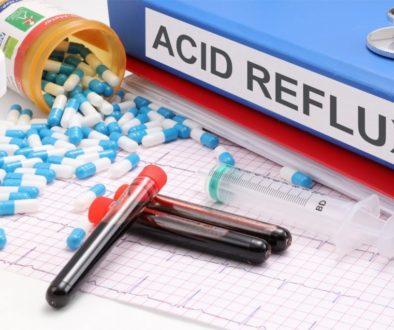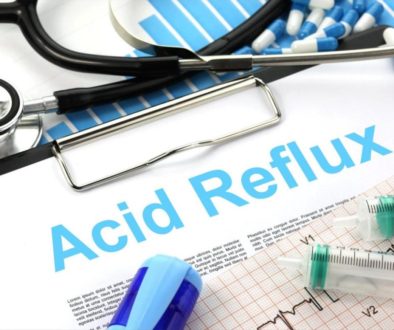Cause And Effect of Acid Reflux Disease
Acid reflux disease, also known as gastro esophageal reflux disease or GERD, occurs when the liquids in the stomach regurgitates back into the esophagus. The acid, pepsin, and bile from the stomach liquids can cause great damage to the esophagus, resulting in an extremely painful sensation for the victim.
Unfortunately, acid reflux disease and its effects typically last for the rest of your life after you first begin to experience symptoms. What did you do to bring on acid reflux, and how will it affect you in the future? Understanding the causes and the effects of acid reflux are just as important as managing the condition.
 The Causes Of Acid Reflux
The Causes Of Acid Reflux
Understanding what causes acid reflux disease is important, because it could help you to prevent the painful condition from affecting you. There is not one simple cause for the condition; it is usually a combination of factors that result in acid reflux disease.
The lower esophageal splinter is one contributing cause of acid reflux disease. The primary function of lower esophageal splinter, which is located where the esophagus meets the stomach, is to open when food is being passed from the esophagus to the stomach, but to remain closed the rest of the time. Abnormalities in this function could result in GERD.
A hiatal hernia also contributes to the presence of GERD. When a hernia is present, this means that there is a closed of sac in the stomach. This sac traps acid and can make it easier for acid to regurgitate back into the esophagus.
The contraction of the esophagus, which is intended to push stomach liquids back into the stomach, can cause GERD to develop if it is not functioning properly. The dysfunction of the emptying of the stomach can also have a similar effect.
The Effects Of Acid Reflux
GERD can have many negative effects, and they typically do not go away after the symptoms of GERD have begun. Thus, they can only be treated, not cured.
Some common effects of acid reflux disease include regurgitation, heartburn, and nausea. The condition can also lead to more serious side effects if gone untreated.
Managing The Medical Condition
Acid reflux disease cannot usually be cured. However, after it is diagnosed, there are some precautions you can take to make the condition more manageable. These steps include lifestyle changes, taking anti-acids, pro-motility drugs, foam barriers, and, in worst case scenarios, surgery.
If you can manage GERD and its symptoms, there is no reason why you shouldn’t be able to live your life to its fullest.

